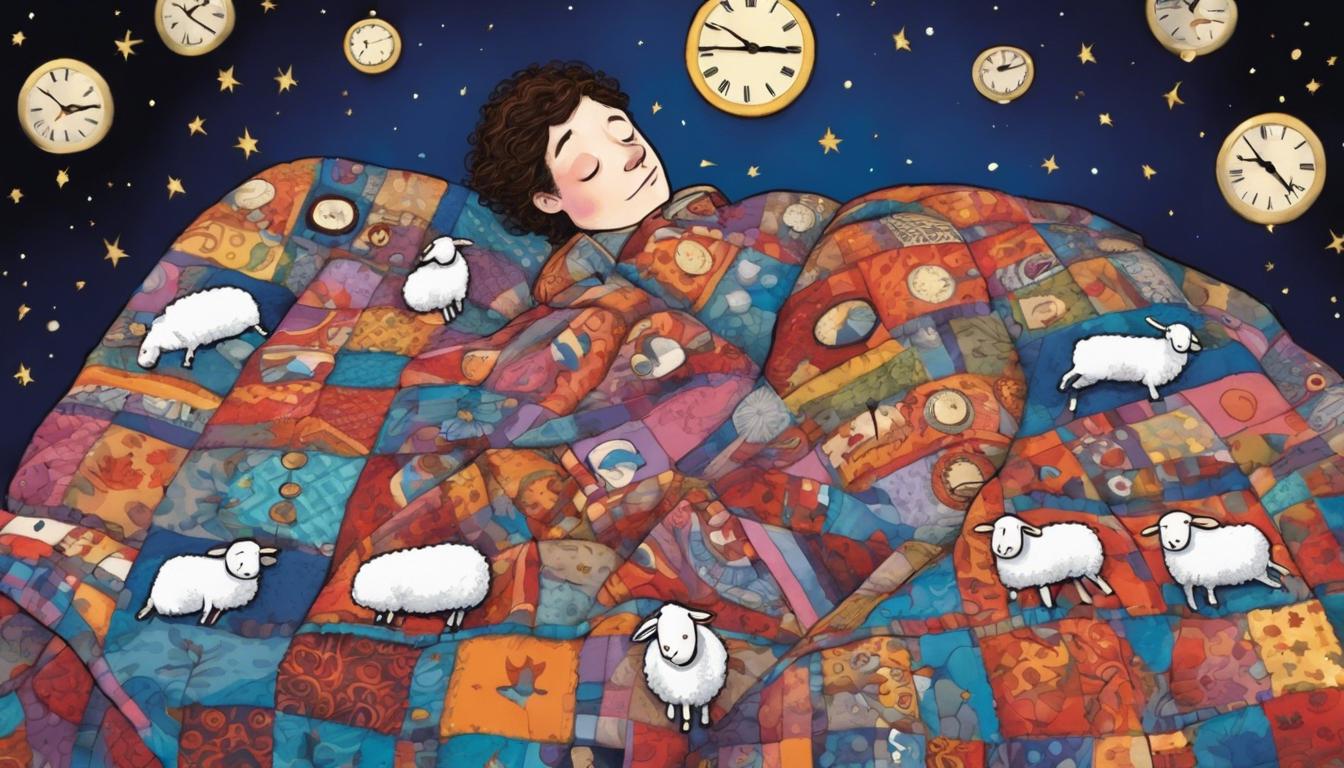A survey conducted by Woolroom indicates that 60% of Britons are not getting the NHS-recommended seven to nine hours of sleep, with a significant impact on their wellbeing.
A recent survey by bedding company Woolroom has uncovered that 60% of Britons are getting less than the NHS-recommended seven to nine hours of sleep per night, with the majority only managing around six hours. Conducted with 2,057 adults between January 25-29, the study also found that over 80% of participants believe a good night’s sleep is essential for their wellbeing. Despite this, significant stress and anxiety were reported by 40% of those surveyed following poor rest, with factors such as fluctuating temperatures, discomfort, stress, and snoring from a partner being cited as major disturbances.
Furthermore, the research detailed the sleep challenges faced by peri-menopausal and menopausal women, who lose an average of two hours of sleep nightly due to symptoms, affecting their sleep for approximately four years. Hygiene practices around bedding also emerged as a concern, with many individuals admitting to infrequent washing of mattress protectors, duvets, and pillows, some only once a year or less.
Highlighting the gap between the importance placed on sleep and the actual sleep quality achieved, Woolroom’s managers emphasized the need for a better understanding of how bedding choices impact both personal health and the environment. The survey sheds light on the sleep habits of the UK population and the necessity for improved sleep quality for overall wellbeing.
